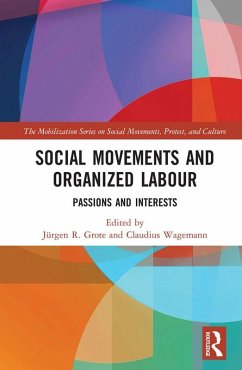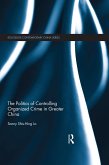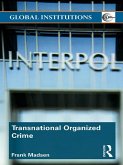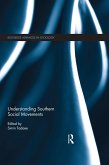This book is about the building of alliances and about joint activities between two groups of social movement actors ascribed increasing relevance for the functioning and the eventual amendment of democratic capitalism. The chapters provide a well-balanced mix of theoretical and empirical accounts on the political, social and economic catalysts behind the changing motives finding expression in a multitude of novel types of joint collective action and inter-organizational alliances. The contributors to this volume go beyond attempting to place unions, movements, crises, precariousness, protests and coalitions at the centre of the research. Instead, they focus on actors who themselves transcend clear-cut social camps. They look at the values and motives underlying collective action by both types of actors as much as at their structural and strategic properties, and inter-organizational relations and networks. This creates a fresh, genuine and historically valid account of the incompatibilities and the commonalities of movements and unions, and of prospects for inter-organizational learning.
Dieser Download kann aus rechtlichen Gründen nur mit Rechnungsadresse in A, B, BG, CY, CZ, D, DK, EW, E, FIN, F, GR, HR, H, IRL, I, LT, L, LR, M, NL, PL, P, R, S, SLO, SK ausgeliefert werden.









